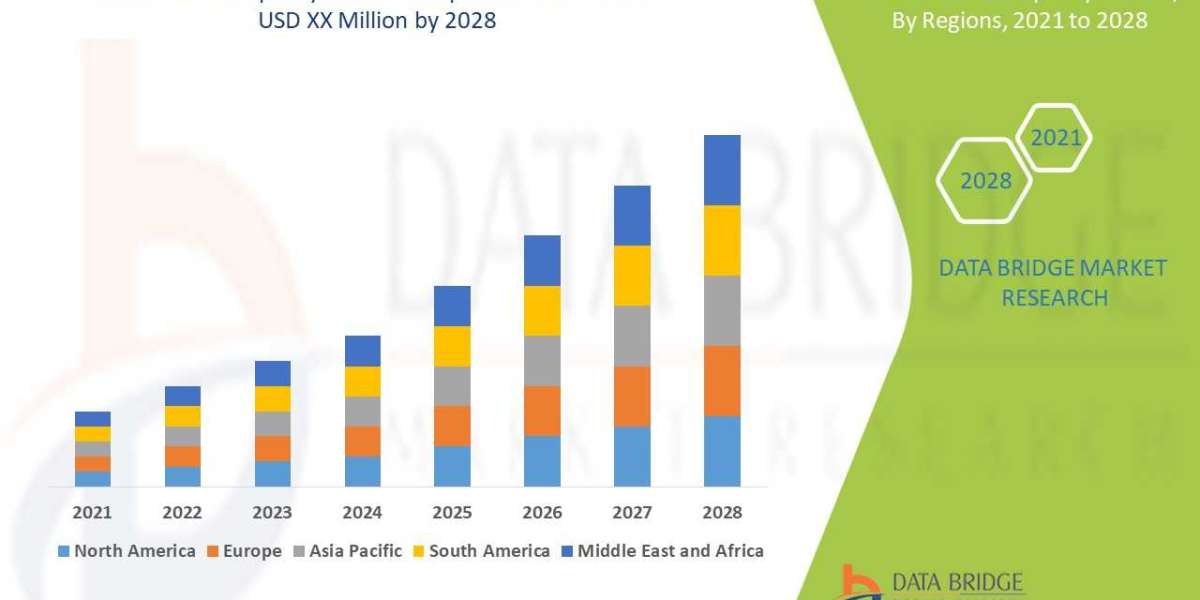In today's competitive business landscape, speed and accuracy in decision-making are paramount. Real-time business analysis powered by AI is revolutionizing how organizations respond to market changes, track performance, and make informed decisions on the fly. By leveraging AI-powered analytics, businesses can stay agile, proactive, and data-driven in their approach to operations, customer service, and strategy.
1. Faster and More Informed Decision-Making
The speed at which decisions are made can often determine a company's success. Traditional decision-making processes involve manual data collection, analysis, and interpretation, which can be slow and prone to error. AI for real-time business analysis accelerates this process, providing businesses with immediate insights into key metrics, customer behaviors, and market trends. This quick turnaround enables decision-makers to respond faster to emerging opportunities and threats, ensuring they don’t fall behind competitors.
By automating data analysis and generating insights in real-time, AI removes the bottlenecks associated with human analysis. Companies can rely on predictive analytics to help them forecast future trends and act accordingly, making decisions based on the most up-to-date information.
2. Enhanced Customer Experience
The ability to analyze customer interactions and feedback in real-time has a direct impact on the customer experience. AI dynamic business analysis enables businesses to track customer behavior across various touchpoints, including websites, social media, and customer service interactions. This real-time data allows businesses to personalize their services and offerings, ensuring that customers receive tailored experiences.
For example, AI can identify buying patterns and provide recommendations or targeted promotions to customers while they are interacting with a website or app. The ability to personalize the customer journey in real-time improves customer satisfaction, increases conversion rates, and strengthens brand loyalty.
3. Proactive Problem Identification and Issue Resolution
AI’s ability to analyze data continuously allows businesses to identify problems before they escalate. Instead of waiting for a quarterly or annual report to highlight an issue, AI-powered systems can detect anomalies and outliers as soon as they occur, such as fluctuations in sales or unexpected changes in customer sentiment. This proactive approach enables businesses to resolve issues quickly, minimizing potential negative impacts on operations, revenue, and customer satisfaction.
For example, AI can monitor inventory levels in real-time, alerting businesses to potential stock shortages or supply chain disruptions. With these insights, companies can take corrective actions without delay, preventing disruptions to their services or products.
4. Better Resource Management
Effective resource allocation is critical for maintaining efficiency and profitability. AI-driven real-time analysis helps businesses understand how resources are being utilized, allowing for better management of both human and capital assets. By identifying areas of overuse or underuse, AI tools help businesses optimize their operations, reducing waste and enhancing overall performance.
For example, AI-powered systems can help businesses monitor employee productivity, track energy consumption, and optimize supply chain management. Real-time data enables companies to adjust resource allocation dynamically, ensuring that resources are used where they are most needed.
5. Predictive Analytics for Future Growth
One of the most powerful capabilities of Jenova AI for business analysis is its ability to predict future trends and behaviors. By analyzing real-time data and historical patterns, AI models can provide businesses with valuable insights into where the market is headed, how customers will behave, and what challenges may arise. This allows businesses to plan and strategize for the future, ensuring they remain ahead of competitors.
For example, AI can analyze historical sales data, customer preferences, and market conditions to forecast future demand for products or services. These insights enable businesses to adjust their marketing strategies, production schedules, and inventory management to meet future demand with greater accuracy.
6. Increased Operational Efficiency
AI’s real-time data analysis capabilities significantly improve operational efficiency. By automating data collection and processing, AI reduces the time and resources needed for manual analysis. This leads to faster and more efficient operations across all levels of the organization.
AI can optimize everything from supply chain management to HR processes and customer service. For instance, AI can automatically route customer inquiries to the appropriate department, reducing wait times and improving service quality. In supply chain management, AI can help predict demand spikes, optimizing inventory and reducing stock outs or overstock situations.
7. Improved Accuracy and Reduced Human Error
Human error is a constant risk in any business environment, particularly when it comes to data analysis. AI-powered systems are not only faster but also more accurate than their human counterparts. By eliminating the subjectivity and potential for mistakes in data analysis, AI for business intelligence ensures that businesses make decisions based on reliable, accurate data.
AI tools can analyze vast datasets without fatigue or inconsistency, providing businesses with highly accurate insights. This level of precision helps to avoid costly mistakes, improving the overall quality of decision-making and enhancing organizational performance.
8. Cost Efficiency
AI-powered real-time business analysis can significantly reduce operational costs. By automating routine data analysis tasks, businesses can reduce the need for manual labor, freeing up resources for more strategic activities. Additionally, AI helps identify inefficiencies in operations, allowing businesses to optimize processes and cut unnecessary expenses.
For example, AI tools can help businesses optimize their supply chains by forecasting demand more accurately, reducing waste, and minimizing stockouts. This results in cost savings and better resource allocation across the organization.
9. Scalability and Flexibility
As businesses grow, so does the volume of data they generate. Traditional methods of data analysis struggle to keep up with the growing demands of large organizations. AI tools, however, are highly scalable, capable of handling vast amounts of data in real time. Whether a business is expanding into new markets or scaling its operations, AI can easily adapt to meet the increased demand for real-time analysis.
This flexibility makes AI a valuable tool for businesses of all sizes. Whether you’re a small startup or a large enterprise, AI-powered business intelligence tools can scale to meet your needs, ensuring that your business remains efficient and competitive as it grows.
10. Competitive Advantage
The ultimate advantage of using AI for real-time analysis is the competitive edge it provides. Businesses that leverage AI-powered analytics can make faster, more informed decisions, respond proactively to challenges, and predict future trends. This agility and foresight give companies a significant advantage over competitors who rely on traditional methods of data analysis.
In today’s fast-moving markets, businesses that can quickly adapt to changes in customer behavior, market conditions, and industry trends are better positioned for success. By using AI, companies gain the ability to act quickly and stay one step ahead of the competition.
Conclusion
AI-powered real-time business analysis is transforming the way organizations operate. From faster decision-making and improved customer experience to predictive analytics and operational efficiency, the benefits of AI are far-reaching. By leveraging AI tools, businesses can optimize their operations, reduce costs, and maintain a competitive advantage. As AI continues to evolve, its role in shaping the future of business will only become more critical, making it essential for organizations to embrace this technology and unlock its full potential.
By utilizing AI for real-time insights, businesses can make smarter decisions, improve their performance, and stay ahead of the curve in an increasingly competitive landscape.














